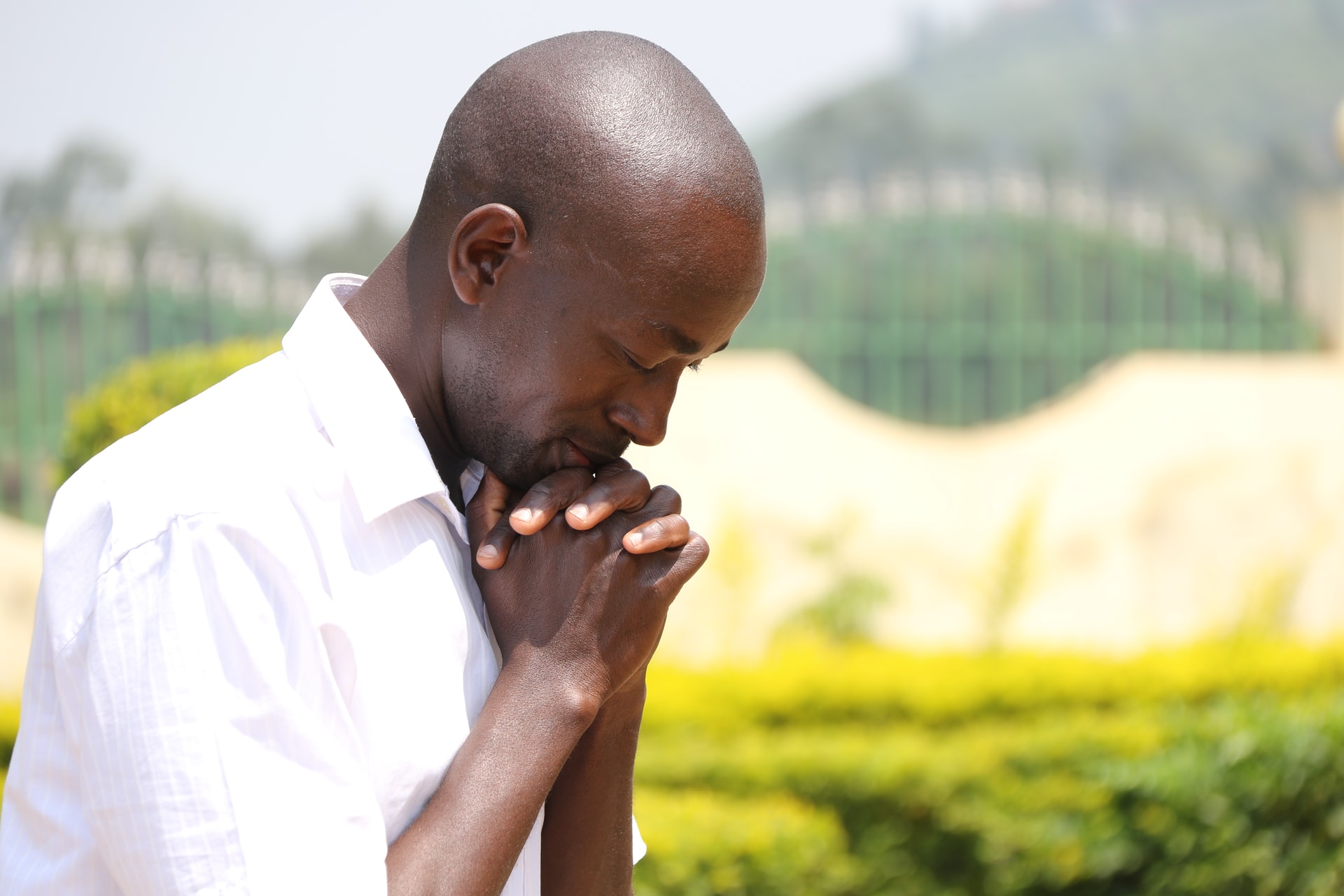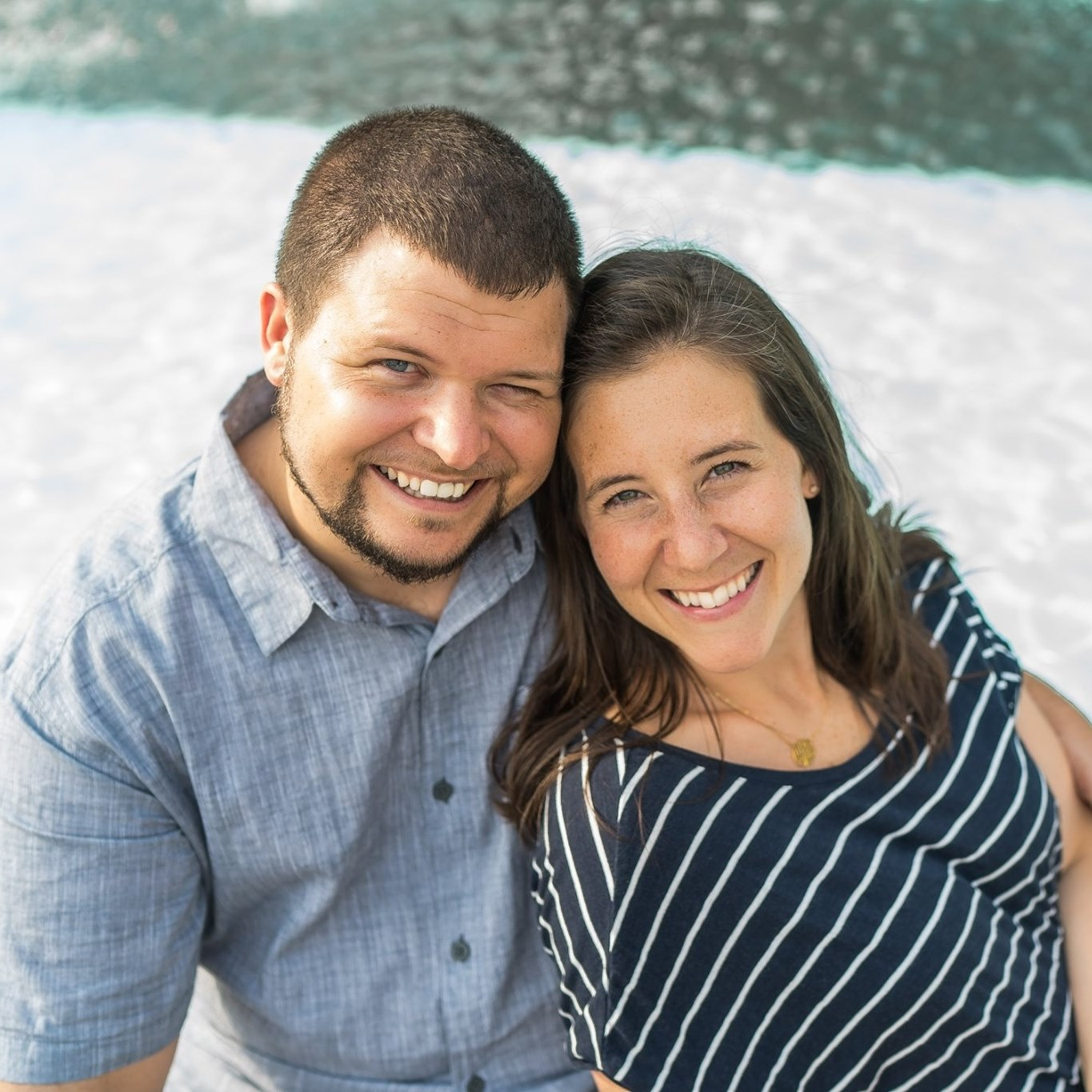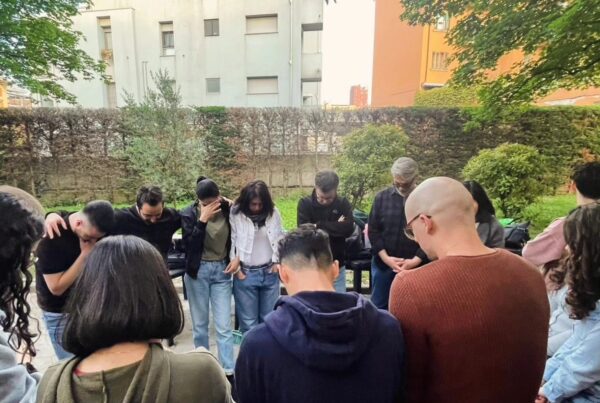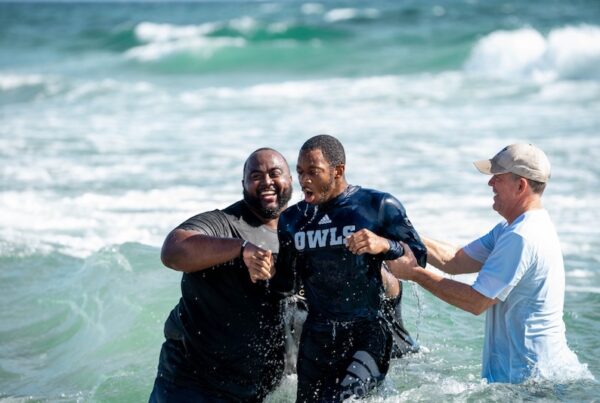Daunting needs and opportunities pile up, leaving us overwhelmed. We’re tempted to pull away, throw our hands in the air, or lean in with quick fixes and strategies.
This may be exactly how the apostles felt in Acts 6 as rumors and grumbling about their inability to meet the needs of the Greek-speaking widows arose. But they knew they had to remain faithful to two things: the ministry of the Word and prayer. We may do a great job in the ministry of the Word in Acts 29, but do we eagerly pursue prayer?
We Pray Because God Guides
For leaders of God’s flock, the ministry of the Word and prayer are key because they underline two essential truths: God’s Word guides God’s people, and God himself is the Chief Shepherd who leads his flock. We preach, counsel, disciple, and train others in God’s Word because it’s God’s Word that guides and changes people, not our words.
But what about prayer? When we pray, whether alone or with other leaders and elders, we’re interceding for the church so that God can lead, guide, and transform his people. The very last thing Jesus does before going to the cross is intercede for his disciples—including us, his future disciples (John 17). And prayer is the very first thing Paul does in his letters to the churches before he starts preaching the truth. For Jesus and the apostles, prayer was not just useful but essential to their calling and practice. For Jesus and the apostles, prayer was not just useful but essential to their calling and practice. Click To Tweet
Moses’s Example of Prayer
We see the practice of prayer among many of the great leaders in Scripture. I think one of the best examples is Moses. Moses’s story reminds us that prayer is crucial, not just for the advancement of God’s mission or the growth of God’s people, but for his very soul.
Moses had his fair share of bumps and bruises in leadership, as do we. When we take on the calling to lead God’s people, we’re opening ourselves up to a world of potential pain and hurt. Dozens of times, Moses faced off with God’s people, their rebellion, and sometimes even their desire to sabotage his leadership entirely.
But what’s interesting is how Moses responded. Every time the people complained against him, he stepped away and moved into his prayer closet (Ex. 15:23–25, 17:3–5, 32:11–14; Num. 11:2, 12:13, 16:47, 21:7). Time after time, Moses refused to carry the weight all by himself and refused to turn away from the people’s sin and suffering. Instead, he interceded for God’s people because he knew they weren’t his but God’s.
Intercession Is Dependence on God
What exactly is intercession? I like Ruth Haley Barton’s definition: “to intercede is to hold ourselves and others in the presence of God.”
This is crucial. When we intercede, we’re relenting from trying to change people ourselves so God can change them. We’re refusing to strategize endlessly. We let God chart a path we haven’t thought up on our own. We stop trying to find the perfect words to pray for people and let the Holy Spirit intercede, as Romans 8:26–27 invites us to do.
This doesn’t mean we stop praying the Word over ourselves and others. But sometimes our prayers become a way for us to fix people and problems—they become sermons instead of dependent and expectant prayers. But what if . . . what if the Holy Spirit knows better than us what a person or situation needs? Do we ask the Spirit for help? Are we okay with simply holding people and problems in the presence of God and asking him to do his will and work? A prayerful life demonstrates holy dependence on God our Father. These are his people—let's entrust them to the only One who always does rightly. Click To Tweet
If you’re like me, this is hard. We want to change the situation, fix the person, and correct the problem ourselves. But then it’s no longer God leading. It becomes me leading through the form of prayer but not with the heart of prayer, which is total dependence upon God. A prayerful life demonstrates holy dependence on God our Father. These are his people—let’s entrust them to the only One who always does rightly.










